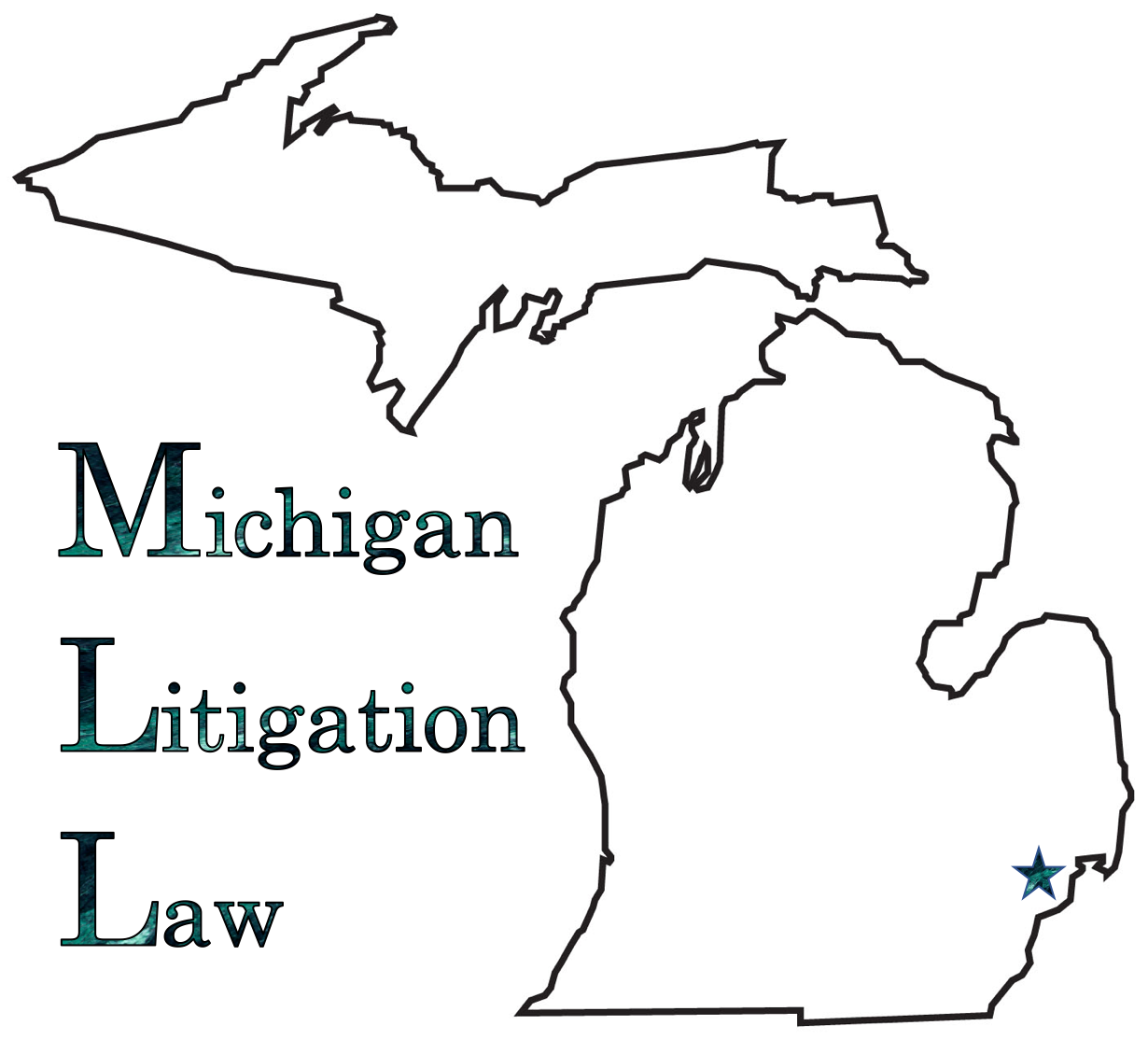Right to Attorneys' Fees in Civil Rights Actions
Under Michigan law, a plaintiff who succeeds on an ELCRA or a PDCRA claim may recover reasonable attorney fees. MCL 37.1606(3), .2801(3). Appellate attorney fees are also recoverable. McLemore v Detroit Receiving Hosp & Univ Med Ctr, 196 Mich App 391, 493 NW2d 441 (1992); see also Schellenberg v Rochester Lodge No 2225 of the Benevolent & Protective Order of Elks, 228 Mich App 20, 577 NW2d 163 (1998) (allowing statutory interest on attorney fee award from date of award as well as 25 percent enhancement of appellate attorney fees because plaintiff demonstrated that it would have been difficult to attract competent counsel absent possibility of enhancement of attorney fee). Double recovery of fees under the ELCRA and the mediation (now case evaluation) sanction rule, MCR 2.403, is not permitted. Rafferty v Markovitz, 461 Mich 265, 602 NW2d 367 (1999). The court may also decline to award fees where the size of the verdict is sufficient to encourage resort to the courts and will serve to adequately compensate plaintiff’s attorney. Brocklehurst v PPG Indus, 907 F Supp 1106, 1108–1109 (ED Mich 1995).
The ELCRA does not provide for recovery of attorney fees to a defendant who succeeds in defending an ELCRA claim. However, in Luidens v 63d Dist Court, 219 Mich App 24, 555 NW2d 709 (1996), an age discrimination case, the court discussed attorney fees under MCR 2.405 (the Offer of Judgment Rule). The trial court had declined to award a portion of the prevailing defendant’s costs, relying on the “interest of justice” exception to the rule. The court of appeals held that factors that fit within the interest of justice exception include legal issues of first impression and cases in which there is a public interest in having an issue judicially decided rather than merely settled by the parties. The case was reversed and remanded with instructions to the trial court to articulate its basis for denying attorney fees and for reconsideration in light of the appellate court’s opinion.
Prevailing parties in Title VII cases are generally entitled to reasonable attorney fees under 42 USC 2000e-5(k), and prevailing parties in 42 USC 1981 and 1983 cases may petition for attorney fees under 42 USC 1988. Attorney fees are only awarded to a prevailing defendant when the court finds that the plaintiff’s claims were frivolous, unreasonable, or without foundation.
The ADEA requires courts to allow successful ADEA plaintiffs reasonable attorney fees and litigation costs. 29 USC 626(b). The ADEA is silent with regard to a prevailing defendant’s entitlement to attorney fees. However, courts have held that a prevailing defendant is not routinely entitled to attorney fees under the ADEA. See, e.g., Richardson v Alaska Airlines, 750 F2d 763 (9th Cir 1984).
The ADA contains its own provision on attorney fees, allowing the award of such fees to a prevailing party, including litigation expenses and costs. The award may be made either by a court or by an administrative agency, in its discretion. 42 USC 12205.

